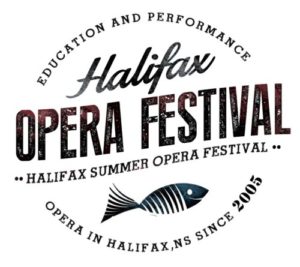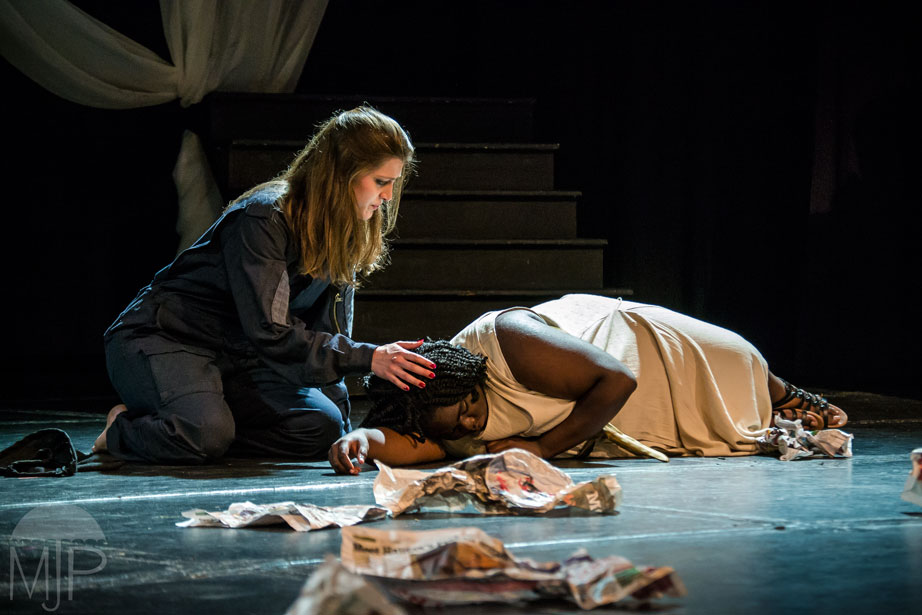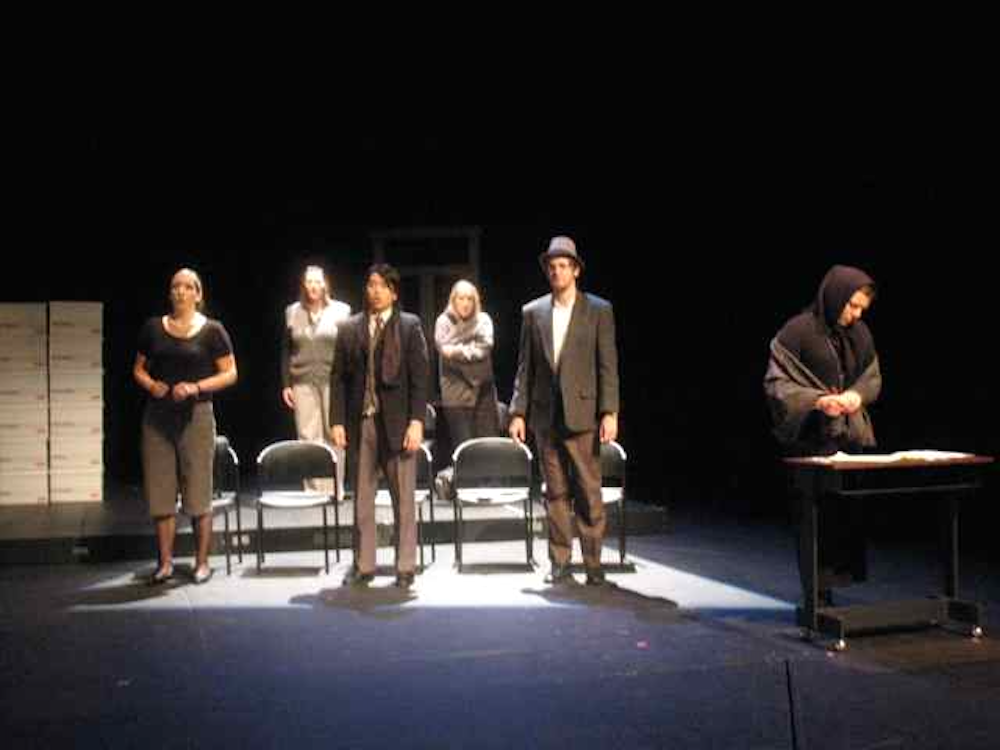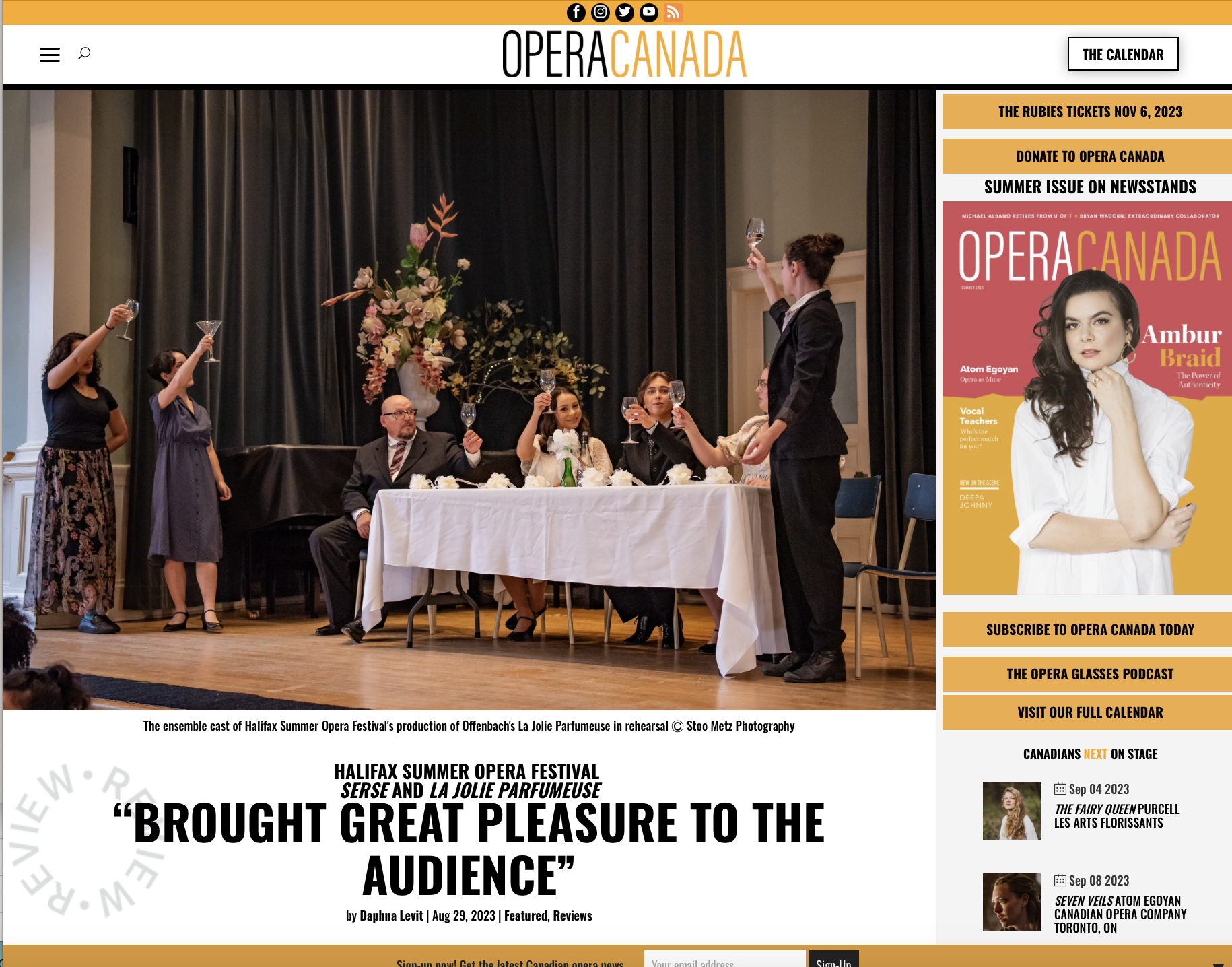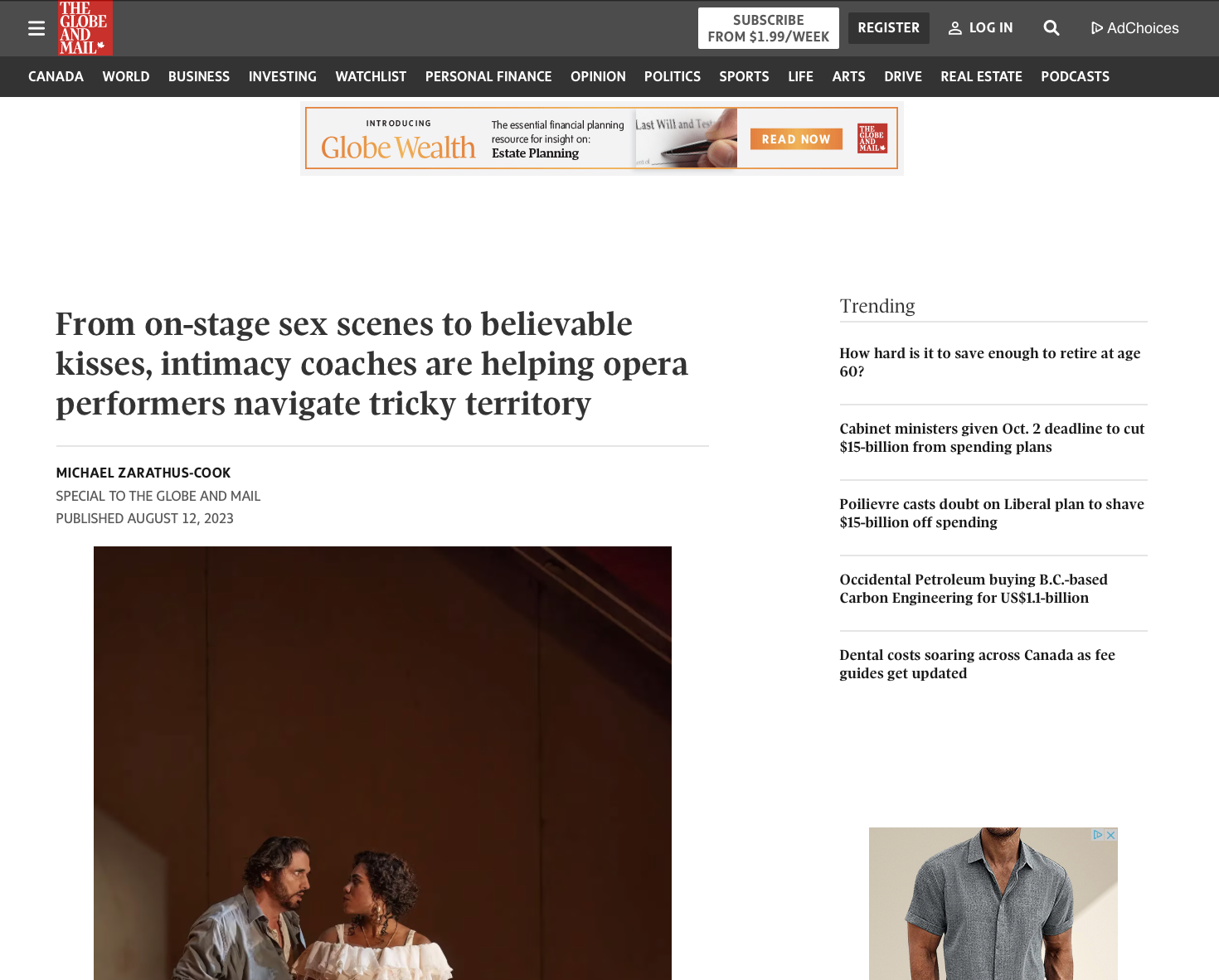Egisto in Cavalli’s L’Egisto
[/et_pb_slide] [/et_pb_slider][et_pb_testimonial admin_label=”Testimonial” author=”Edward Larocque” url_new_window=”off” quote_icon=”on” use_background_color=”on” background_color=”rgba(244,171,171,0.83)” background_layout=”light” text_orientation=”left” quote_icon_color=”#e02b20″ body_text_color=”#000000″ use_border_color=”off” border_color=”#ffffff” border_style=”solid” body_font_size=”20″ body_font=”Lobster||||”]“I am most looking forward to having the chance to focus on my craft and myself as an artist. … I’m also looking forward to drinking beer. Lots of beer.”
[/et_pb_testimonial][et_pb_text admin_label=”Text” background_layout=”light” text_orientation=”left” use_border_color=”off” border_color=”#ffffff” border_style=”solid”]Where are you from? How did you first get interested in opera or musical theatre?
I’m from Toronto, Ontario, and I have been singing my whole life. I started in children’s choirs, and then I went to an arts highschool for Musical Theatre where I got lots of stage experience. As I continued to train my voice in University, I got hooked on the opera bug. There is such power, beauty, and expressiveness in classical singing that inspired me, and in a certain way I love the challenge of working on classical vocal technique. My voice teachers and directors have been huge influences on me, and I continue to be inspired by the art form.
My mother has a love of music, and she has always supported and guided me along my artistic journey. She would take me to musical theatre shows (she loved Les Miserables), and later opera performances when I got interested in it. She continues to be my biggest fan!
When did you start studying voice? Where are you studying now?
I started voice lessons in highschool with various teachers, and then got my Bachelor of Music at Queen’s University. Since graduating I continue to study privately with my teacher from University, and moved to Toronto where I perform regularly. I continue to do auditions and train as much as I can.
What came first for you, theatre or music?
This is a very tough question, and ultimately I would say both. I do know that it is theatre and drama that drew me to opera and stage performing. That being said I started piano lessons when I was 5 years old, and music has always been a fundamental part of my life.
What are your dream roles?
I am inspired by almost every role I play, and I like to dig into each character I am given. But if I had to choose, I played the title role in “Candide” by Leonard Bernstein, and I always dream about doing that role again. There is so much in that show and that character that I can’t live without: his optimism, his certainty, his love for Cunegonde, and of course beautiful lyrical singing. It is about 7 years since I played Candide, and I know I would present him completely differently both dramatically and vocally.
What arias, songs or entire roles belonging to other voice types would you like to perform?
In another life I want to be a mezzo. Of course Carmen is such a great character, and I also love the evil ugly roles – like Katisha in The Mikado. The mezzo voice is lucious and full, it totally speaks to me.
Who are your favourite performing artists?
I spend a lot of time listening to great tenors: Nicolai Gedda, Jussi Bjorling, Placido Domingo. But I am totally inspired by Renée Fleming and Kiri Te Kanawa, two of the greatest sopranos with first class voices and technique.
What’s the most embarrassing song on your phone/tablet/streaming playlist?
Justin Bieber’s Purpose. Those songs are so catchy! “Is it too late now to say sorry?”
How should we as interpretive artists deal with works that are racist and/or sexist? What can be done to make opera relevant to the next generation?:
I definitely understand how certain operas and roles are controversial. For example, Puccini’s “Madama Butterfly” and Gilbert and Sullivan’s “The Mikado” are both stereotypical presentations of Japenese culture and are inherently racist. But they are both masterpieces. My feeling is these works should be seen as a testiment to their time, and appreciated for all their beauty as well as their flaws. Although I am not always for it, there is the option to revamp and edit works to take place in a different time/setting, or make adaptations to the staging so that it is less offensive. A classic example of this is Monostatos in The Magic Flute who was originally written as a Moor. In modern productions those lines are often taken out, and he is presented without his association to Moorish culture.
There are infinite ways opera can and will be relevant to the next generation. I am passionate about contemporary music and operas, and there are new works that continue to be composed and performed that are really worth watching andbeing a part of. Moreover, the presentation of opera in unconventional spaces is a great development in opera: performances in bars, churches, old yards. Personally, I think there is a huge space for opera to fill online in videos and social media. Yes the bread and butter of opera must always be in a theatre with a pit orchestra, but there are opporunities for this art form to adapt into the digital age.
What are you most looking forward to about this summer?
I am most looking forward to having the chance to focus on my craft and myself as an artist. So much time and energy as a young artist is spent worrying about auditions, impressions, networking, recording, the whole shabang. This summer will give me the opportunity to rediscover who I am as an actor and singing artist, and I want to dig deep into Egisto and present a full, believable, and emotional character.
I’m also looking forward to drinking beer. Lots of beer.
Thanks, Edward! Are you a participant or staff member this year? Why not submit your own answers to our questionnaire!
[/et_pb_text][/et_pb_column][/et_pb_row][/et_pb_section]